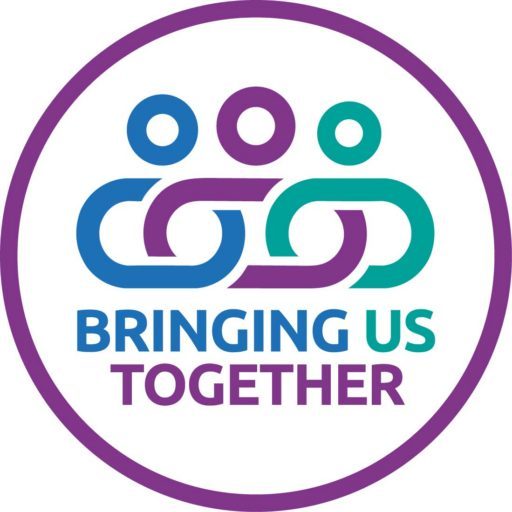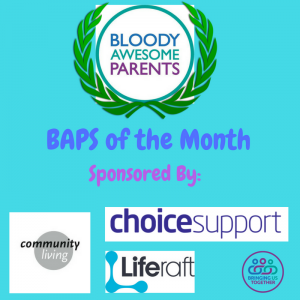Parent Groups – Disagreements and problems
The holidays are over and for some of us that means back to our routines and groups. Before summer, we looked at various aspects of running a successful parent group:
Today, we want to look at those times we all hate but we know happen to everyone at some point.
Disagreement and problems.
 Do you have strategies in place for when there is a disagreement or problem? For example:
Do you have strategies in place for when there is a disagreement or problem? For example:
- What about if the hall you use suddenly becomes unavailable or the rental price increases?
- What if the person who does most of the work suddenly moves out of the area?
- What if money goes missing?
- What if a member places a complaint to your funder?
- What if no one shows up to events?
- What if you take a personal dislike to a member?
- What if you are having a bad day and snap at someone?
Do you have anything in place to deal with this? Do you know what to do?
Be prepared. Working out how to deal with a problem when it happens can be a really difficult and stress-ridden task. Having a plan ready beforehand makes a huge difference.
How do you do this?
As a group, either by email, Facebook group or whatever method of communication you decided works best for you, think about some of the problems you have faced. How did you deal with it? Could it have gone better?
Then you need to consider possible issues which may arise. Some of them you may already be thinking about, for example you may have heard rumours that your office space is about to be sold or you may know that a valuable member of your team is leaving.
Then think about issues you have heard about from other groups – could these be a possible issue for you in the future? Please don’t think “no, that would never ever happen to us” because that is almost a guarantee that it will. It’s called the Law of Sod.
Write up a document – Worst Case Scenario – and list all potential problems and how you have agreed, as a group, to deal with them. This way if or when something does happen, you all know what to do – it doesn’t fall on one person to come up with a solution. Ensure that this document is provided to new members helping to run the group. This way, everyone knows what the potential risks and issues are.
Review these every 12 months or as and when you hear of new issues. Often the method being used to resolve one particular issue will apply to others which you haven’t considered.
Parent Groups – Disagreements and Problems Checklist
- Decide how you will communicate about this.
- Write a list of the issues you have already faced
- Write how you resolved them and if this was the best way
- Write a list of risks you know may be on the horizon
- Write a list of how you will cope with that issue
- Write a list of issues you know other groups have faced
- Write a list of how you would resolve them if they should happen to you.
- Produce a “Worst Case Scenario” document for every member helping to run the group.
Our final post next week will look at how to review your work, your documents and policies and why this is important. Don’t miss it, subscribe to ensure it arrives in your inbox.
Mum to three great kids, each with a different SEN.
Transplanted from the NW to the SE.
Co-founder and Director of Bringing Us Together







